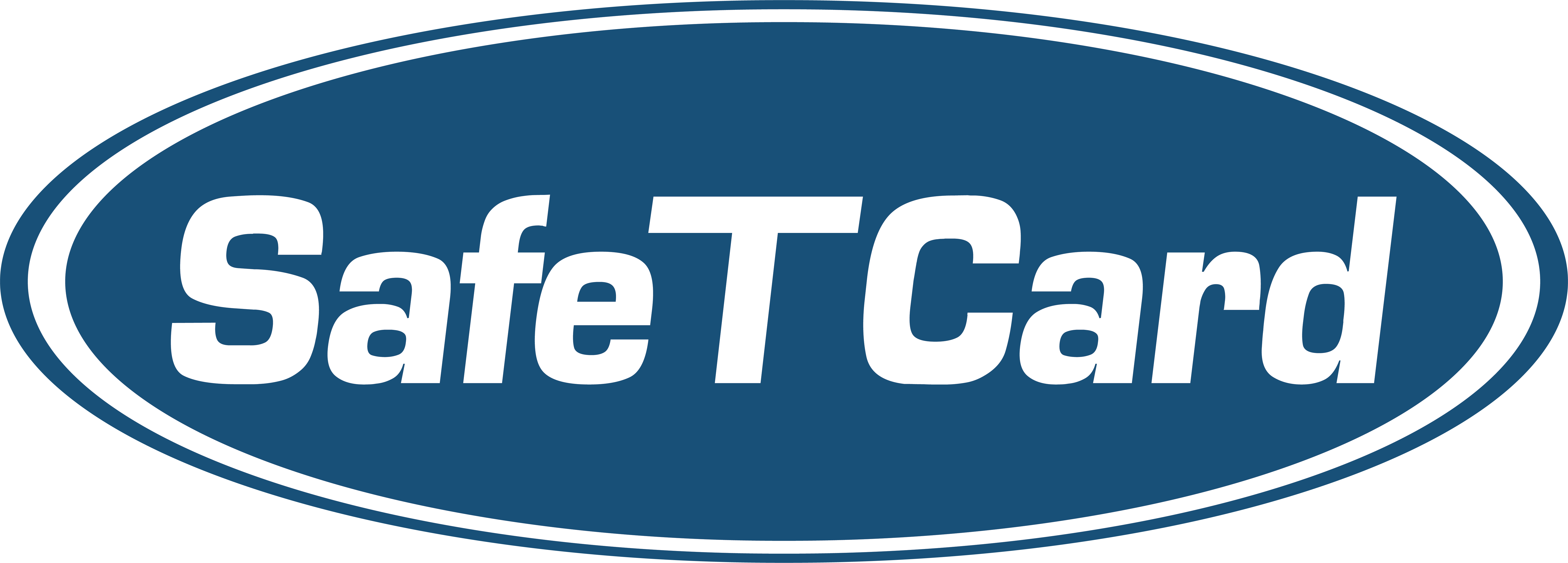Ensuring the safety of employees who work unusual hours or night shifts is a crucial responsibility for employers. These workers face unique challenges, such as increased fatigue, reduced visibility, and higher risks of encountering unsafe situations during late hours. In Australia, many industries, including healthcare, retail, hospitality, and security, require employees to work outside the typical 9-to-5 schedule. Implementing robust safety measures is essential to protect these workers and maintain a secure working environment.
Employees working night shifts or unusual hours may encounter hazards such as poor lighting, isolated work environments, and the increased likelihood of accidents due to fatigue. Employers must prioritise safety to prevent incidents and ensure the well-being of their workforce. By adopting comprehensive safety protocols and leveraging advanced technology, employers can create a safer working environment for their employees.
Here are five essential tips for employers with employees working unusual hours:
1. Managing Aggressive Behaviour
Equip employees with the skills to handle aggressive or hostile situations. Provide training on conflict resolution, de-escalation techniques, and self-defence. It’s crucial that employees feel confident and prepared to manage confrontations with the public or clients. Regularly update this training to ensure it remains relevant and effective. Additionally, implement policies that allow employees to report incidents of aggression safely and without fear of reprisal.
For employers with staff working in people’s homes, please read this article.
2. Transport Safety
Provide safe transportation options for employees travelling to and from work during late hours. Consider arranging carpooling or shuttle services to ensure that employees do not have to travel alone at night. Providing secure and reliable transportation options can reduce the risk of accidents and personal safety incidents. Encourage employees to use designated parking areas close to the workplace entrance and ensure these areas are well-lit and monitored.
3. Health and Safety Training
Train employees on the specific risks associated with working night shifts, including fatigue management and situational awareness. Educate them on recognising the signs of fatigue and the importance of taking regular breaks. Situational awareness training helps employees stay alert and aware of their surroundings, reducing the risk of accidents and incidents. Providing comprehensive health and safety training tailored to the challenges of night shifts ensures that employees are well-prepared to handle the unique demands of their work schedule.
More advice can be found in How Businesses Can Improve the Safety of Lone Workers – SafeTCard
4. Regular Breaks
Encourage regular breaks to help manage fatigue. Ensure that employees have a safe, comfortable place to rest during breaks. Fatigue can significantly impair judgement and reaction times, increasing the risk of accidents. Providing designated break areas with comfortable seating, hydration stations, and access to healthy snacks can help employees recharge and maintain their alertness throughout their shifts. Implementing policies that mandate regular breaks can also help in managing fatigue effectively, and employers with lone workers working under the sun should consider this too.
5. Emergency Procedures
Have clear and accessible emergency procedures in place, and equip employees with SafeTCard devices. Ensure employees know how to quickly summon help and where to find first aid supplies. SafeTCard’s real-time monitoring and emergency alert, when activated, features ensure that employees can get immediate assistance when needed. Training employees on emergency protocols, including evacuation routes and how to use safety equipment, is essential for their safety. Conduct regular drills to reinforce these procedures and ensure that all employees are familiar with the steps to take in case of an emergency. Providing easy access to first aid kits and emergency contact numbers further enhances preparedness and response times.
Conclusion
Employers have a duty of care to ensure the safety and well-being of their employees, especially those working unusual hours or night shifts. By implementing these five essential tips—managing aggressive behaviours, transport safety, health and safety training, regular breaks, and clear emergency procedures—employers can create a safer working environment for their night shift employees. SafeTCard provides advanced safety solutions that help employers meet these obligations and protect their workers effectively.
For more information on how SafeTCard can help you enhance the safety of your employees working unusual hours or night shifts, contact us today. Together, we can ensure a safer and more secure working environment for all employees.




